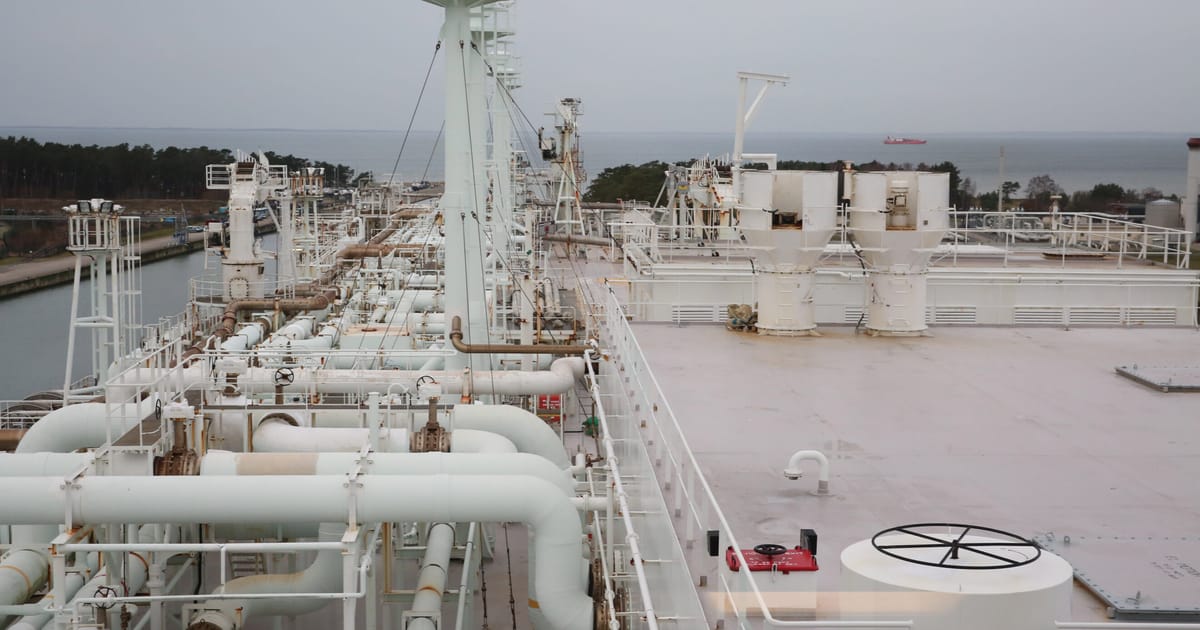- cross-posted to:
- worldnews@lemmit.online
- ukrainianconflict@lemmit.online
- cross-posted to:
- worldnews@lemmit.online
- ukrainianconflict@lemmit.online
It’s a notable evolution in strategy for the EU, and came after Germany and Hungary held up a deal for weeks.
The EU will hit Russia with unprecedented sanctions against its lucrative gas sector, according to the Belgian EU presidency — a once-unthinkable step that could drain hundreds of millions from Moscow’s war chest.
The decision, which EU ambassadors reached Thursday morning, came after stiff opposition from Germany and Hungary stalled a deal for weeks — though over different parts of the package.
The penalties won’t hit the majority of Russia’s liquid natural gas (LNG) exports to the EU. Instead, they will ban EU ports from reselling Russian LNG after it arrives and block financing for Russia’s planned Arctic and Baltic LNG terminals.



This is the best summary I could come up with:
Since Vladimir Putin’s full-scale invasion of Ukraine in February 2022, the bloc has left Russian gas unsanctioned — even as it slapped strict bans on oil and coal exports.
But with evidence mounting that Western efforts to drain Moscow’s fossil fuel revenues are falling woefully short, pressure has been building to go after gas.
In the end, negotiators relented to Germany’s concerns, dropping a clause it feared would harm small businesses, pending a study of the potential effects, three EU diplomats said.
But it has continued to import and resell Russian LNG, which is shipped by tanker in supercooled liquid form — representing a major embarrassment for the bloc as it attempts to starve the Kremlin’s war chest.
Germany argued that smaller, export-oriented companies will simply give up on some business in Asia or the Middle East that isn’t even connected to Russia, fearful about potential sanctions violations.
Last week, an official from Annalena Baerbock’s foreign ministry, granted anonymity to speak candidly, said they feared Germany’s delays were hurting Berlin’s attempts to shed its pre-war reputation for pushing Russia-friendly economic policies.
The original article contains 756 words, the summary contains 180 words. Saved 76%. I’m a bot and I’m open source!